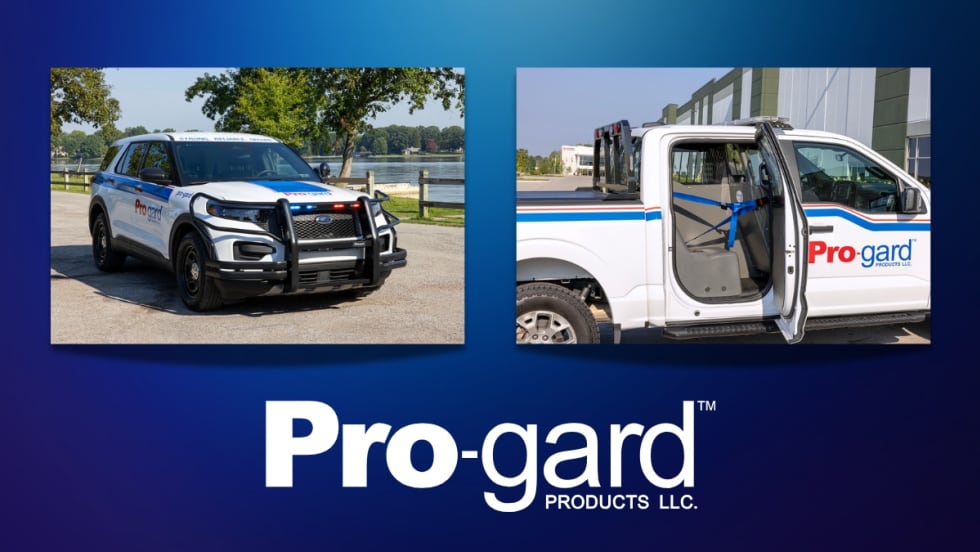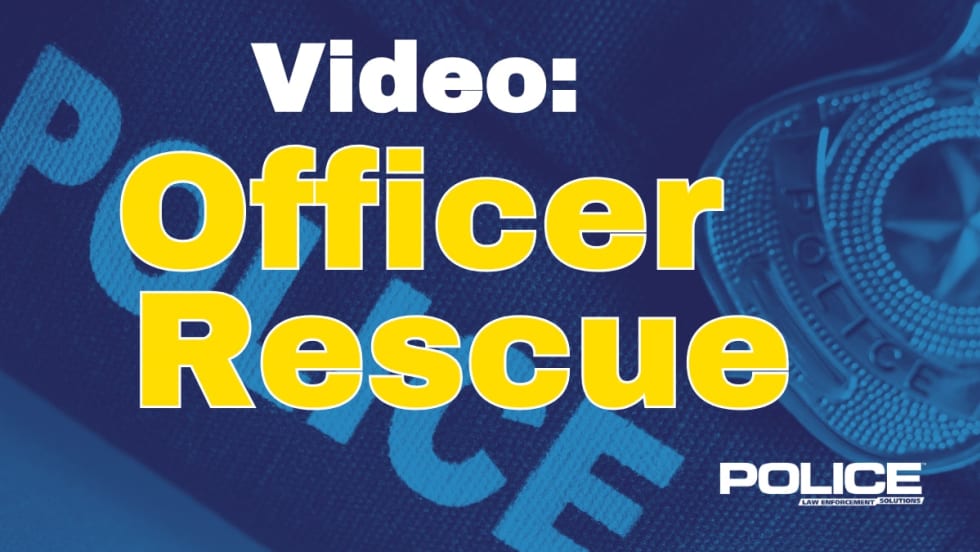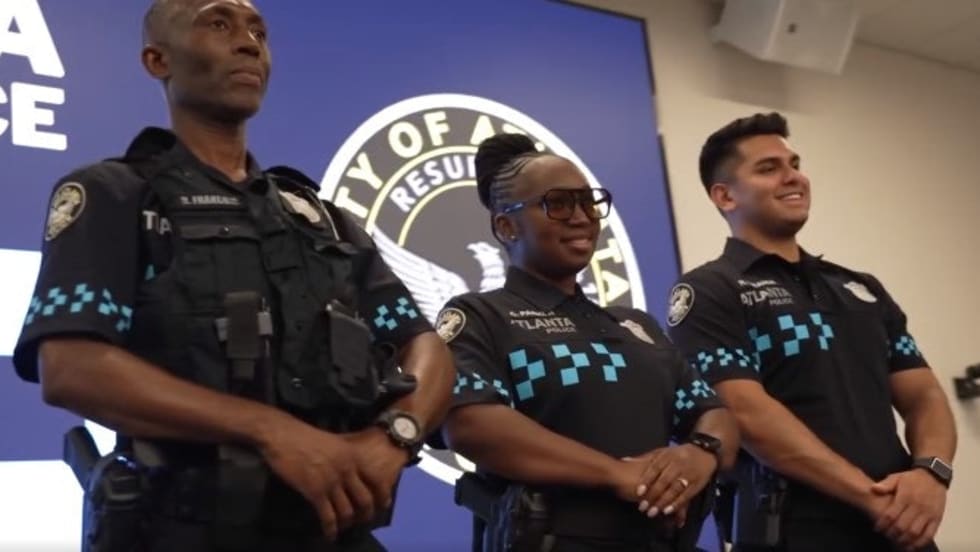Earlier this month a panel of noted law enforcement leaders participated in a special POLICE webinar about the growing officer shortage and its effects on agencies and individual employees. The webinar titled “Tackling Officer Burnout, Safety, and Staffing Shortages in the New Policing Landscape” was sponsored by Nuance, makers of Dragon Professional Anywhere dictation software, and featured a discussion of officer mental and physical health, officer safety issues caused by fewer personnel on patrol, training, and ways to maximize productivity. The panel participants were Lt. Pete Ebel, recently retired from the Palm Beach County (FL) Sheriff’s Office; Capt. David Schnurstein of the Grand Rapids (MI) Police Department; and James Small, public safety director of the Village of Palmyra, WI.
Retention and Burnout
The program commenced with a discussion of recruiting and retention. One of the issues raised by Grand Rapids’ Schnurstein was officer pay and its role in keeping employees. Schnurstein pointed out that some fast food franchises are now paying more than $20 per hour and law enforcement agencies will have to keep up. “You are not always going to find true believers who are willing to work for poverty wages,” he said. Public Safety Director Small said pay was certainly a concern but work satisfaction was another concern when it comes to keeping officers. “If people like coming to work every day, they won’t leave.”
Burnout among officers who remain on the job is a major issue in agencies facing officer shortages. The panel discussed limiting overtime to reduce fatigue, both mental and physical. Overly stressful shift hours can also lead to burnout, and the panel discussed how the officer shortage was making patrol duty more hectic. Schnurstein said agencies with labor shortages must find ways to reduce service and maintain public safety. “At some point you have to look at resources and workload,” he said. “You can’t destroy your people to keep chasing your tail.” He added that officers need to feel like they are doing more during their shifts than “just running from call to call.”
Small said one of the ways to improve officer morale and reduce burnout is through positive interaction in the community. He talked about a Facebook poll that his agency conducted about officer performance. Small said there was some concern that the results would be negative and the comments would all come from trolls. But that’s not what happened. The officers were praised by the community. He said its important that good comments from the public get as much play as the complaints. He said agencies should put as much energy into praising the good performance of officers as it does in investigating complaints. “When people have something positive to say we need to make sure it is well known,” he said.
Officer Health and Morale
Improving officer retention by paying greater attention to officer morale and health was another issue discussed during the webinar. Small said one of the most important questions law enforcement leaders can ask today is: “How are we taking care of our people?”
Small said his agency has an Employee Assistance Program (EAP) that has seen a usage rate of 20%. He added that officers can’t just be told to “suck it up, buttercup” anymore. Younger officers do not respond well to that attitude, Small said, adding that if agencies want to retain officers beyond three to five years they need to evolve their attitudes and practices. “Things change and we need to change with them.”
Another issue that is affecting retention and morale is that many agencies have pay scales that are not designed to last through a career. Early in their careers officers realize that they have to be promoted to get a significant raise, according to Schnurstein. “There’s no carrot (once you max out the pay scale for your rank). After that, you’re just there,” he says. “We’re not rewarding longevity.” Schnurstein recommends that agencies set up their pay scales so that officers see increases over the course of a 20- to 25-year career even if they do not get promoted. He notes that some officers may not like such a scale because they would not max out their salaries until later in their careers.
Officer Safety
Finding ways to retain more officers and maintain personnel levels is about more than just covering calls. As the panel discussed, it’s affecting officer health. It’s also affecting officer safety.
Lt. Ebel, who trains officers how to respond to ambushes, worries that agencies are sending too few officers on calls because they need to cover more calls with fewer employees. “Stop being slaves to the 911 screen,” he said. “If you need to send more officers, then send more officers.” He warned that domestic calls can sometimes lure officers into an ambush. “Sometimes two officers is not enough,” he said.
One problem Schnurstein sees with agencies that are now facing shortages is that they are not training their officers to handle incidents in the new reality. Some agencies that were once staffed to handle two simultaneous critical incidents, no longer have the personnel to do that, but they still train like they do, he said. “Train to your actual capabilities not to your ideal.”
Technology can play a role in boosting both productivity and officer safety in agencies facing personnel shortages. Ebel discussed ambush warning sensors that let officers know when someone is too close to their vehicle. “They’re costly,” he said. “But what message does it send to your troops [if you say you can’t afford them].”
Schnurstein said one way for agencies to afford technology that enhances officer safety is to add features to their existing technology or to add the officer safety features to a new purchase. He used the option of having “officer down” sensors on body-worn cameras or portable radios as an example. “A small amount of money can add safety features,” he said.
The Right People
With so many agencies coping with thinning ranks as job openings go unfilled and veteran officers leave the profession, there is some pressure to lower hiring standards. Police leaders say that’s not what they want to do.
Small says the Village of Palmyra is looking for a specific type of police recruit. “We need kind, compassionate, problem-solvers,” he said. “We need people who care, who are nice, and who can make decisions that make things better.”
Once the right people have been hired, an effort has to be made to keep them. For example, officers need to know they will have an opportunity to learn about the latest technology. “Technology is a magnet for talent,” Schnurstein says. “Officers want to learn how to use drones and how to conduct cyber investigations and other cutting-edge technology.” Schnurstein adds this can an advantage that smaller agencies have over larger agencies. “The smaller the agency the more likely you will get a chance to work with everything.”
One of the most important things a police leader can do to improve retention of officers is to help them “find their purpose,” says small. “keep them engaged. Let them pick their training and they will have more energy and enthusiasm,” he adds.
Listen to the Complete Webinar













